In recent months, the hill states of India—Uttarakhand, Himachal Pradesh, Jammu & Kashmir—have been ravaged by a series of devastating cloudbursts, flash floods, and landslides. These catastrophic events have not only taken lives but left entire communities in ruins. While these disasters are often blamed on nature’s unpredictability, the growing frequency and intensity of such occurrences can no longer be explained solely through the lens of climate change. The role of unchecked human activity—driven by corporate greed, political collusion, and a lack of effective governance—has turned these once serene landscapes into disaster zones.
Cloudbursts, intense rainfall events that release over 100 millimeters of water in just an hour, are not new to India’s mountainous regions. But the scale of damage seen in places like Kedarnath, Chamoli, and Kullu in recent years points to something deeper than an act of nature. These flash floods and landslides are becoming a norm, not an anomaly. As Uttarakhand, Himachal Pradesh, and Jammu & Kashmir struggle to cope with the aftermath of these tragedies, we must ask: is it nature alone that’s to blame, or is human negligence, greed, and indifference playing a significant role?
Cloudbursts: Nature’s Wrath Amplified
The cloudbursts of 2023 have been among the deadliest in memory. In Uttarakhand, Kedarnath was hit by flash floods in July, and Chamoli saw the devastation of entire villages, where the once-mighty rivers overflowed their banks, sweeping away everything in their path. Similarly, the Kullu Valley in Himachal Pradesh has been hit by flash floods that have decimated homes, infrastructure, and livelihoods. The sheer unpredictability and ferocity of these events have left local authorities and communities helpless.
According to the India Meteorological Department (IMD), 2023 alone saw over 15 cloudburst events in Uttarakhand during the monsoon season, resulting in widespread devastation. What was once considered an “exceptional event” has now become routine, as if nature itself is revolting against years of exploitation and neglect.
“Cloudbursts are becoming more frequent, and the damage is escalating. The intensity and scale of rainfall in such a short time are terrifying. This wasn’t the case just a decade ago,” says Dr. Rajendra Purohit, a climate expert based in Dehradun. The increased intensity of these events is tied to rising global temperatures, but their consequences have been worsened by man-made factors that have destabilized these delicate ecosystems.
Development at Any Cost??
While climate change is undeniably a factor, it would be an oversimplification to attribute the increasing frequency of cloudbursts solely to shifting weather patterns. A deeper look reveals that the actions of both the government and private sector have exacerbated the situation, and in some cases, have directly contributed to the rising number of disasters.
Take the Char Dham Highway Project in Uttarakhand, one of the flagship initiatives of the Modi government. The project’s aim is to widen roads leading to the Char Dham shrines—Yamunotri, Gangotri, Kedarnath, and Badrinath—to accommodate growing pilgrim traffic. On paper, it’s a boon for tourism and connectivity. But in reality, it’s an environmental disaster waiting to happen.
Critics argue that the project involves the widening of roads through steep, ecologically fragile regions without proper environmental safeguards. The process has led to widespread deforestation, soil erosion, and land destabilisation. The new roads often lack proper drainage systems, turning roads into channels for runoff during the monsoon, which exacerbates flash floods. Experts have warned that such large-scale infrastructure projects are making these regions more vulnerable to flash floods and landslides.
“The roads are being built through sensitive hill slopes without taking into account the delicate ecological balance of the region. It is like inviting disaster,” says Pankaj Sharma, an environmentalist in Dehradun. And yet, despite these warnings, the project continues, spurred by political will and the influence of construction lobbies with deep pockets.
Hydropower Projects: A Double-Edged Sword
In addition to road widening, hydropower projects have played a significant role in aggravating the disaster risk in hill states. The diversion of rivers for electricity generation, particularly in Uttarakhand and Himachal Pradesh, has altered the natural flow of streams and rivers, destabilising riverbanks and increasing the frequency of erosion.
In Kullu, hydropower projects built near the Beas River have altered the river's course and reduced its natural water retention capacity, leading to flash floods during heavy rainfall. Local communities have repeatedly raised concerns about the negative impact of these projects on local ecosystems and livelihoods, but their voices have often been drowned out by the interests of large corporations and politicians eager to boost the state's economic profile.
“The flooding is a direct result of mismanagement of the river systems. We’re tampering with nature’s delicate systems in the name of development, but the cost is paid by the people,” says Vijay Kumar, a local from Kullu.
The unregulated construction of hydropower plants on fragile riverbanks has created a ticking time bomb. When cloudbursts occur, the altered river systems—often incapable of handling the sudden deluge—burst their banks, flooding nearby villages.
The Law: A Distant Ally
At the heart of these issues lies a systemic failure of governance. Politicians, in collusion with powerful construction lobbies, have prioritized rapid development over environmental sustainability. While state and central governments have promised to protect the environment, in reality, corporate interests have often been allowed to run unchecked.
Take the Char Dham Highway Project, for instance. Despite the widespread protests from environmentalists and locals, it continues to progress with minimal accountability. The environmental clearances, critics claim, were rubber-stamped without proper due diligence, and the project proceeded with a dangerous disregard for the ecological consequences. The involvement of politically connected construction companies, many with deep financial and political ties, has ensured that the project moved ahead without hindrance.
“The politicians talk about development, but it’s really just about favoring big business interests. These projects are more about financial profits than the well-being of the local population or the environment,” says Raghav Sharma, a former environmental officer in Dehradun. The situation has only worsened with the absence of fear of the law—in most cases, companies and government bodies flout environmental regulations with little fear of facing legal consequences.
The Nexus
It’s hard to ignore the role of political greed in all of this. The nexus between politicians and big business is alive and well in these hilly regions. Hydropower projects, tourism infrastructure, and road expansions are often pushed through with minimal concern for the long-term repercussions. The corruption at multiple levels of government—from the bureaucracy to local politicians—has ensured that profit-seeking ventures take precedence over the safety and security of the people who actually live in these fragile regions.
“Politicians speak of national interest, but all they’re really interested in is catering to corporate lobbies. There is no real will to ensure that development is sustainable. All they care about is how quickly they can get these projects approved and how much money they can make from them,” says Dr. Sunil Chaudhary, a geologist from Dehradun.
The Cost of Short-Term Gains
The cost of these unchecked developmental activities is now clear: lives are being lost, homes destroyed, and entire villages submerged. Yet, the question remains: what will it take for the government to wake up? The repeated destruction caused by cloudbursts and landslides is a wake-up call, one that has been ignored for too long.
“The government has failed to provide a roadmap for disaster-resilient development. We need a paradigm shift, not just in how we build, but in how we think about development in these regions,” says Dr. Rajendra Purohit. Communities that have lived in harmony with nature for centuries are now on the brink of disaster because of the short-term profits that development promises.
Sustainable Development Must Replace Short-Term Greed
India’s hill states are in crisis, but this crisis is not one of nature alone. It is a crisis of our own making—a result of unregulated development, corporate greed, and political indifference. Until we take responsibility for the consequences of our actions, no amount of infrastructure will be able to save these fragile landscapes from nature’s wrath.
The cloudbursts that now devastate these states will continue to grow in intensity as long as we fail to acknowledge the ecological cost of unsustainable development. It is time for a new approach—one that prioritises environmental sustainability, disaster resilience, and community welfare over short-term profits. The hills of Uttarakhand, Himachal Pradesh, and Jammu & Kashmir are crying out for help. It is time we listen.
<><><>
(Author: Krishan Gopal Sharma: Retired from Indian Information Services (IIS) and been in journalism for nearly four decades. Held senior editorial responsibilities at DD News, AIR News, and PIB and also worked as international consultant with UNICEF (in Nigeria). Covered global summits including BRICS (China), ASEAN (Laos), and Metropolis (Japan). I have contributed to all major national international dailies, periodicals, as well some for international media.)
kgsharma1@gmail.com. 9811340809
.jpg)
 Krishan Gopal Sharma
Krishan Gopal Sharma 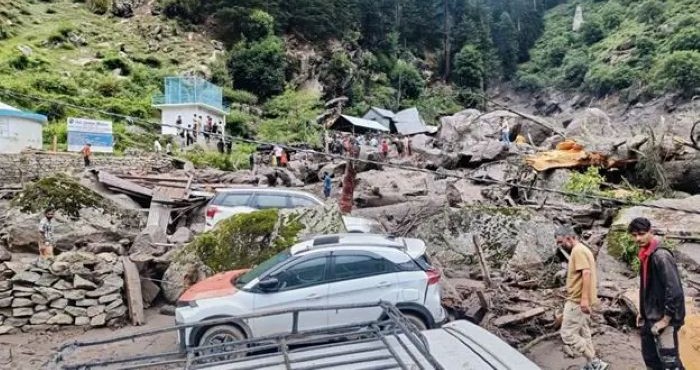
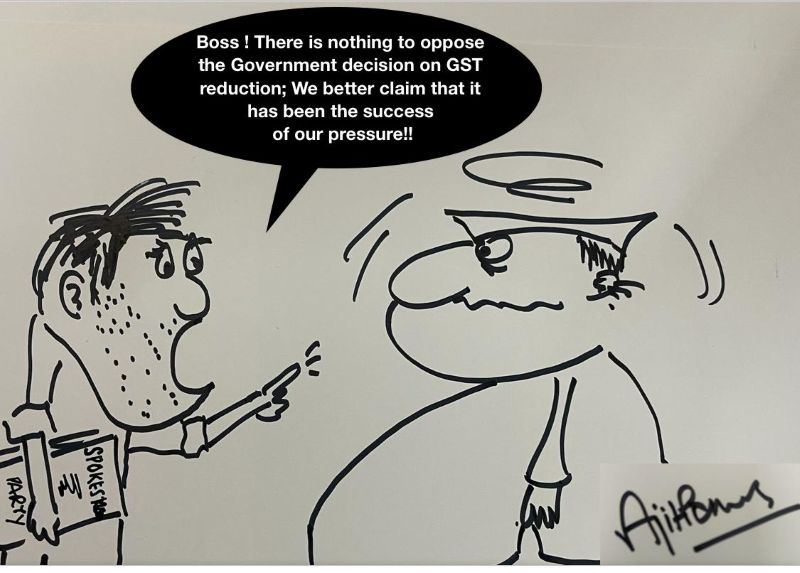

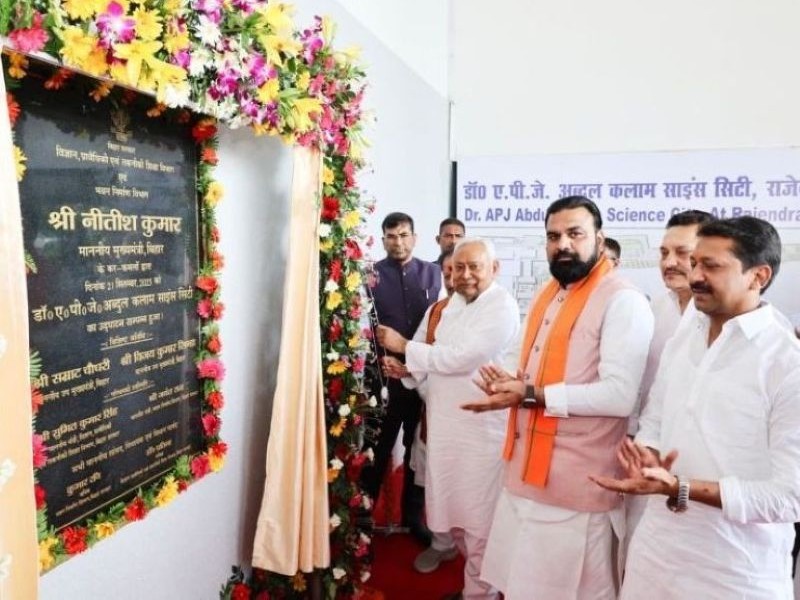









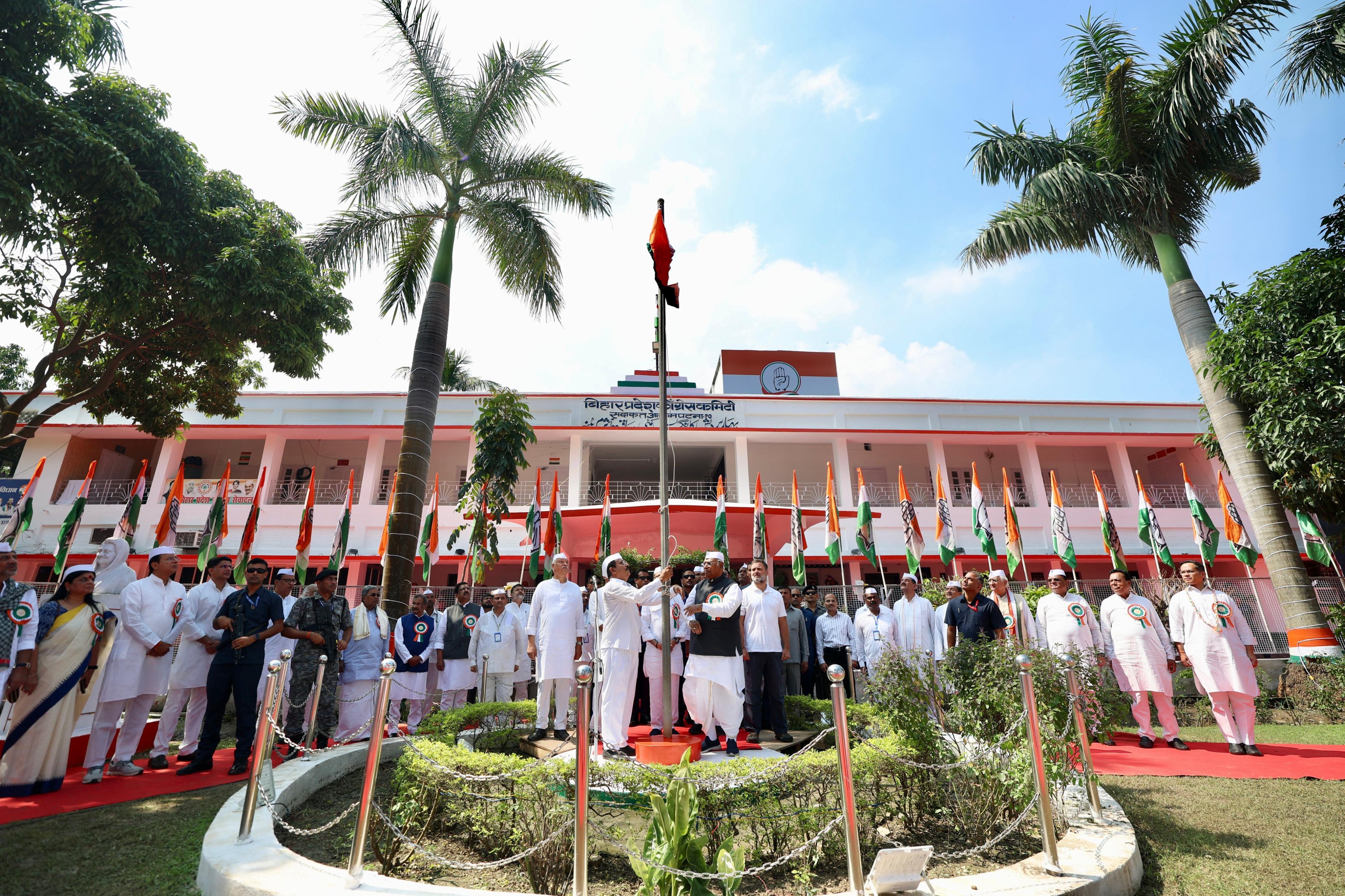
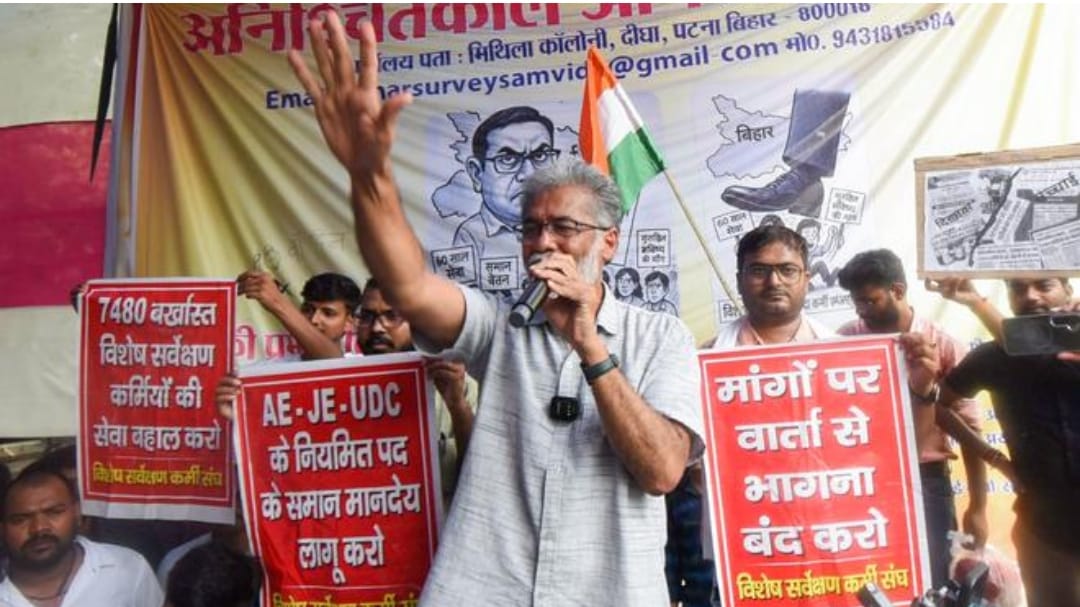



Related Items
Turkish President Tayyip Erdogan again raises Kashmir issue in UNGA
Fresh rains leave trail of destruction in Himachal Pradesh, Uttarakhand
Cloudburst in Himachal village, Vehicles buried in debris